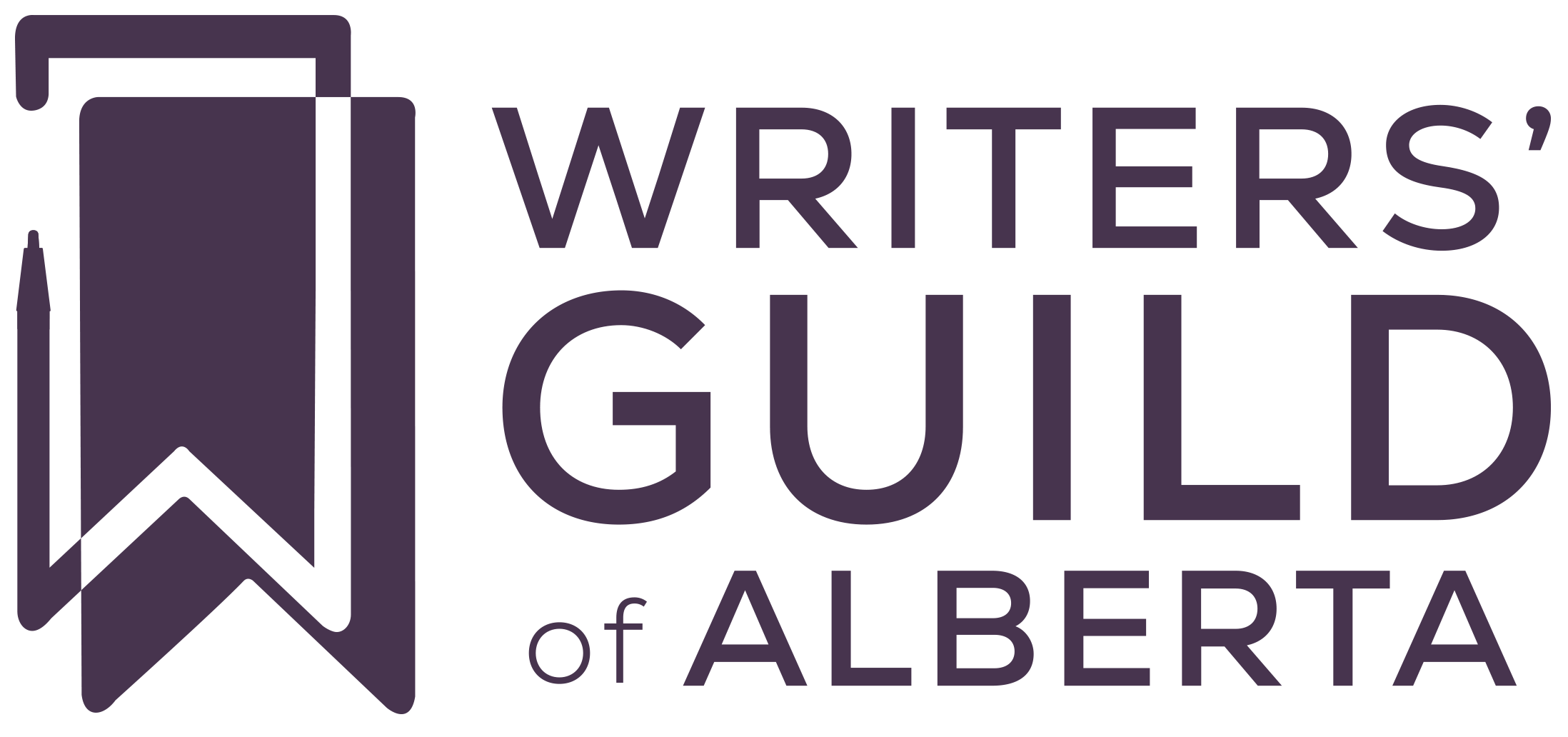Leslie Greentree is a Canadian poet and playwright who is very keen with establishing a genuine relatability with her audience. Her work ranges from short stories and essays (The Waiting Anthology), to books of poetry, an award-winning short fiction novel (A Minor Planet for You), two plays. Her most recent work features herself as the lead actress of a successful one-woman play called “The Year of Magical Thinking”.
Does your cultural background play a vital role in influencing the stories that are conveyed throughout your writing?
I grew up reading the room, checking to see how everyone was doing, being a people pleaser. I wasn’t aware of how much work I put into understanding what was going on under the surface until I was much older. That lifelong study of relationship dynamics and character motivation is the sort of work that naturally builds a writer. Each time we moved, there was sadness; but there was also the excitement of starting over – the dream of reinvention. With each move, I also learned more skills for reading new social situations and navigating the existing dynamics. My writing tends to focus on everyday, recognizable situations – ineffective relationship dynamics, flawed characters that make people nod or wince or laugh knowingly.
What are some important recurring ideas that you often try to articulate to your audience?
I like picking at the everyday from a variety of points of view or a variety of themes. For example, my partner and I wrote a play, Oral Fixations. It’s a series of vignettes about people’s relationships to food. In the way that it looks at how human relationships, fears, and power struggles are played out over food. There are pieces that made the audience cry for loved ones who’ve died, or feel anger at the injustices of the world or the lies society tells us. Then there are others that made the audience laugh out loud about frivolous joys, and silly deceits. These are the levels of reality and relatability that I always strive for in my writing. I try to say the things that people don’t know how to put into words. My goal is to do it approachably, to make the reader feel safe, and recognized.
Did your intrigue in investigating human nature play a role in choosing to work as a Communications Specialist with the RCMP?
I think it’s pretty fair to say that my communications work has always fed my need to work with words in a parallel way to my creative writing – there’s that need to understand how it works when words work well and what goes wrong those times when they don’t. The RCMP work certainly offers me deeper insights into human nature, and may well be impacting my increased interest in energy and pace in my writing.”
Having to constantly learn how to adapt to new environments, it allowed Leslie to encounter a wide range of social circumstances and relationships that play a significant role in contributing to her deeper interest in exploring the mechanics behind the human psyche. This compelled me to further investigate her work because these are subjects rarely explored by the media, in fear that it would be met with strong opposition for exposing things too vulgar for public consumption. It’s not simple to convey the ugliness of human emotions, so when it’s executed in a manner that is humane and dignified, which Leslie accomplishes with absolute grace, these emotional dynamics that exist all around us have the opportunity to evoke a stronger sense of empathy that binds all together as a society.
Click here to see all the member interviews.
